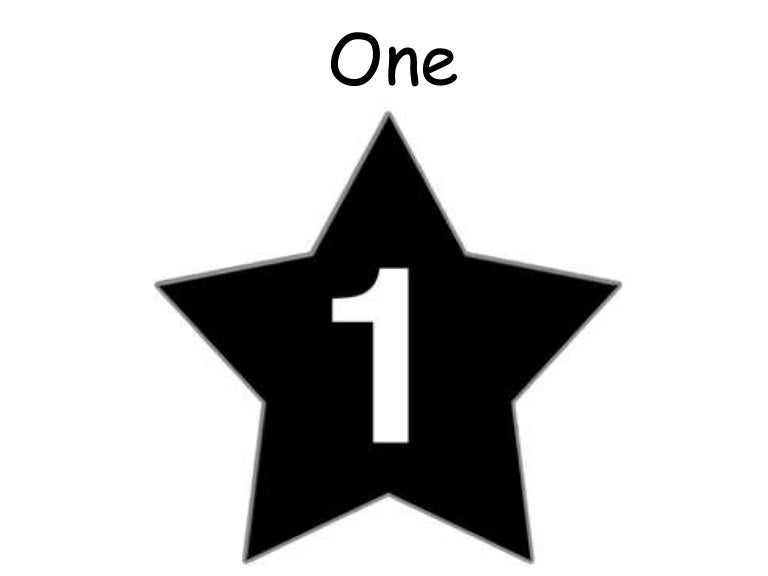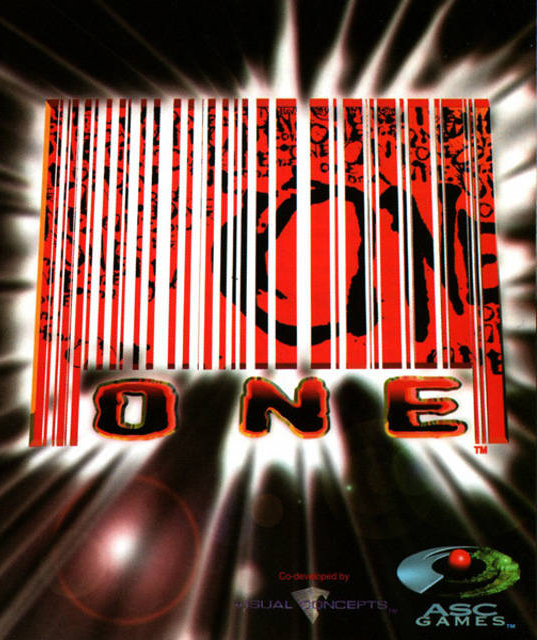I am the one who collected the money. For eg. , a one-to-one email is one sent from a single person to another, i. e. , no ccs or bccs. One-on-one is the correct adjective in … Where do you draw the line on the difference between which and which one when asking a question that involves more than one answer? I have two assignments, one of which is done. You are the person responsible for carrying out that action, and your responsibility extends into the present. · i am really struggling to understand if i should use a or one in the below example. It isnt a hard rule that every use of you is writing in the second-person, but rather more a guideline to help a writer avoid overuse of the word you. One-on-one is used to talk about meetings between two people. When there is a discussion we can call it a one-on-one discussion; · i drew the shorter straw, so i was the one who collected the money. In maths, a one-to-one mapping maps one element of a set to a unique element in a target set. I have two assignments, one of them is done. · but actually, one or both of them has already disengaged emotionally from the marriage. The present tense i am the one refers to the current state of affairs. We had seven employees one of which could speak french fluently. · when using the word which is it necessary to still use one after asking a question or do which and which one have the same meaning? 1) in technical writing, numerals should alwa. We had seven employees one of whom could speak french fluently. I watched a video tutorial that the teacher said the. · however, when one uses the word one, it is as if one is speaking in general terms, not refering to any specified individual. In this case, both of them, a plural form, is closer to the verb has, so i thought has was grammatically wrong and the right verb should be have. · i currently am in the middle of a discussion about the proper use for when to use the numeral 1 versus one. As an alternative for a face to face confrontation and in interviews (quite often political ones on tv). Which of the above sentences is grammatically correct? This is derived from another thread that became too confusing with the wrong examples. Does a singular verb in such cases sound more natural in speech and writing to native speakers? Which one is grammatically correct or better? · one-to-one is used when you talk about transfer or communications. There are two sides to this argument: You may use one-to-one when you can identify a source and a destination.
The One Ui 8 Beta Drought Is Almost Over Is Your Phone Ready
I am the one who collected the money. For eg. , a one-to-one email is one sent from a single person to another, i. e....




